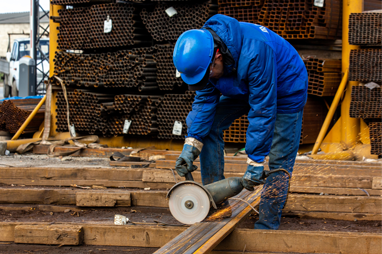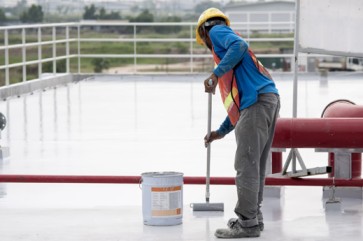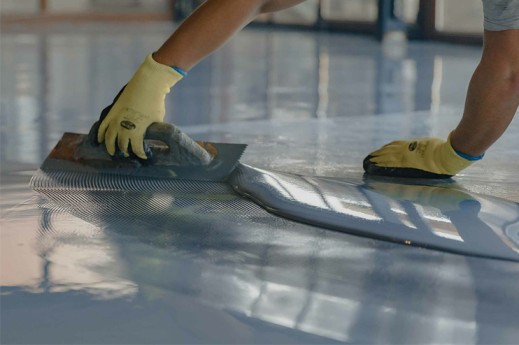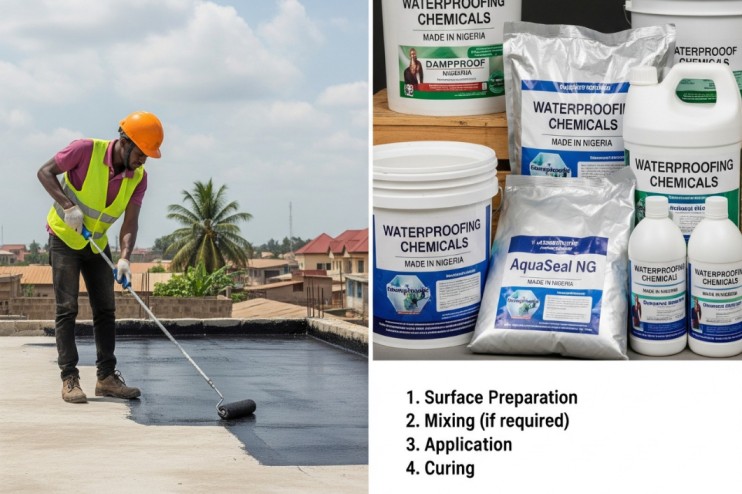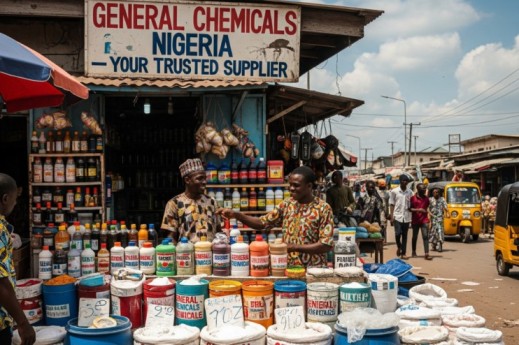Why Lagos is Leading the Way in the Use of Construction Chemicals in Nigeria
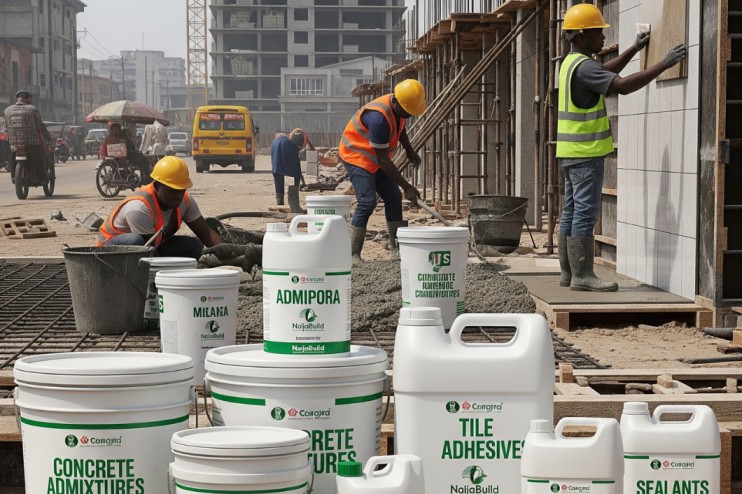
The construction industry in Nigeria has grown rapidly over the past two decades, fueled by urbanization, infrastructure expansion, and private sector investments. As buildings and projects become more complex, traditional construction methods are no longer sufficient. Builders, engineers, and architects are increasingly relying on construction chemicals—specialized materials designed to enhance durability, safety, and efficiency.
Lagos, Nigeria’s commercial and economic hub, is at the forefront of this trend. The city’s booming real estate, road networks, and mega-infrastructure projects are driving a growing demand for these products. This blog explores the role of construction chemicals in Nigeria, their types, benefits, challenges, and why Lagos is leading the way.
What Are Construction Chemicals?
Construction chemicals are formulated products added to building materials to improve their performance, durability, and longevity. They enhance physical and chemical properties of concrete, mortar, and other structural elements, protecting buildings from cracks, water damage, corrosion, and early deterioration.
In Nigeria, where heavy rainfall, high humidity, and temperature fluctuations are common, the use of construction chemicals is essential to ensure structures remain safe and long-lasting.
Types of Construction Chemicals in Nigeria
- Concrete Admixtures: Mixed into concrete to improve workability, strength, and weather resistance. Examples include:
- Plasticizers: Reduce water usage while maintaining flow.
- Accelerators: Speed up concrete setting for faster project completion.
- Waterproofing Compounds: Vital in Lagos due to frequent rain and flooding. These chemicals prevent moisture ingress, protecting foundations, walls, and roofs from structural damage and mold.
- Protective Coatings: Applied on bridges, roads, and high-rise buildings to shield surfaces from environmental damage, chemical attack, and wear.
- Adhesives and Sealants: Essential for flooring, tiling, and sealing joints to ensure airtight and watertight integrity.
- Flooring Chemicals: Used in industrial and commercial buildings for high-strength, abrasion-resistant, and aesthetically appealing floors.
Why Lagos Is the Hub for Construction Chemicals
- Rapid Urbanization: Large-scale housing projects to meet a population of over 25 million.
- Infrastructure Investments: Roads, bridges, and industrial complexes drive demand.
- Global Construction Standards: Builders prioritize quality and sustainability.
- Awareness of Durability: Stakeholders recognize the long-term cost benefits of chemical-enhanced construction.
Example: Mega-projects like Eko Atlantic City and Lekki-Epe Expressway expansions use concrete admixtures and waterproofing compounds extensively, showcasing Lagos’ leadership in modern construction practices.
Benefits of Using Construction Chemicals
- Improved Durability: Protects against water ingress, corrosion, and cracking.
- Cost Efficiency: Reduces maintenance and repair costs over a building’s lifetime.
- Sustainability: Modern chemicals minimize waste and energy usage, supporting green building initiatives.
- Faster Project Completion: Accelerators and curing compounds speed up construction timelines.
Challenges in Nigeria’s Construction Chemicals Industry
- High Costs: Many products are imported, increasing budgets.
- Limited Awareness: Some contractors lack knowledge of proper application.
- Quality Risks: Counterfeit or substandard chemicals threaten safety and project quality.
Best Practices for Choosing Construction Chemicals in Lagos
- Verify product certifications and compliance with international standards.
- Match chemicals to project-specific needs (e.g., coastal areas require robust waterproofing).
- Partner with reputable suppliers to avoid counterfeit products.
- Train workers on proper application to maximize effectiveness.
Future Trends in Construction Chemicals in Nigeria
- Green Construction: Eco-friendly formulations with reduced environmental impact.
- Smart Materials: Self-healing concrete and advanced sealants for long-term durability.
- Local Manufacturing: Reducing import dependency to lower costs and improve accessibility.
Conclusion
Construction chemicals have become essential in Nigeria’s rapidly evolving building industry. From residential homes to mega-infrastructure projects, these materials improve durability, safety, and sustainability. Lagos, as the nation’s commercial capital, leads the way by adopting modern construction techniques and chemical applications.
Despite challenges like high costs and counterfeit products, the long-term benefits far outweigh the risks. By sourcing quality products, investing in local manufacturing, and training workers, Nigeria can continue to build structures that meet global standards.
Explore our range of construction chemicals for industrial and commercial projects in Nigeria along with expert insights to support modern, high-performance building practices.

